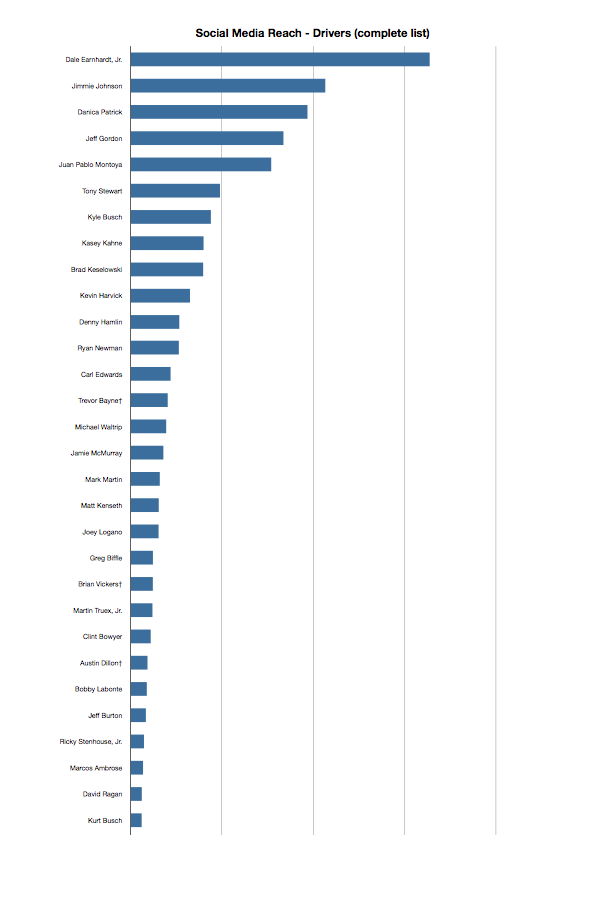Growing up in Washington, D.C. in the 1970s and ‘80s I always wanted to be an“Indian” when it came time to play “Cowboys and Indians.” The Indians in my mind were an extension of my favorite football team, The Washington Redskins. This was a great source of pride for me and one that gave me what I thought was an important connection to Native Americans, even though the team’s connection was superficial at best.
Every few years the issue of whether the Redskins’ name is racist would surface(usually when the team was headed to a Super Bowl). Occasionally I would meetNative Americans and ask them about the name. Typically, they said they took no offense to the name and even supported the team. I took solace in the fact that some Native Americans supported the team. The controversy would just as quickly evaporate and everyone seemed to move on.
This time it’s different.The team is quickly headed to a tipping point in which a name change is imminent.
So what is different this time around? Arrogance. Team owner Daniel Snyder challenged the public’s awareness and opened the door for a more complete discussion about the name when he told USA Today in an interview, “We’ll never change the name…it’s that simple. NEVER.” For emphasis, he then said to the reporter: “You can use caps.”
Abraham Lincoln once said, “public opinion, though often formed upon a wrong basis, generally has a strong underlying sense of justice.” It is now clear that the public, along with much of the Native American community, accepted Snyder’s challenge and public opinion has shifted in the name of justice.
Public opinion, followed by business reasons, has forced the team to change in thepast and it’s going to happen again. The team’s fight song, “Hail to the Redskins” hasbeen revised at least twice. The original lyrics to the song included a reference to“scalp ‘em” revised to “beat ‘em.” One version of the song made reference to the“Sons of old Dixie” which was changed to “Sons of old DC.” If “scalp ‘em” was deemed offensive and references to “Dixie” too controversial in the 1960s, then changing the name in 2014 is the logical next step.
The recent U.S. Patent & Trademark Office decision to cancel six Washington Redskins trademarks, calling the team name “disparaging to Native Americans,” may add further weight to tip the balance of public opinion. The action, which is now being appealed by the team, does not have the force of law. One patent and trademark expert who works in the sports industry told me that, “the loss of federal registration does not prevent the team from using its common law rights or state registration as a tool to enforce against infringers.” That source said, “I don’t think the organization will be affected by this unless it wants to change.”
Indeed, the decision could be used as a way out of the growing public opinion opposition for Snyder. It is the opinion of some sports insiders that Snyder has come to the realization that the change is inevitable and now he’s in position to leverage the NFL for greater concessions in return for ending the controversy.
One would hope that the NFL would not give an inch in return for Snyder doing the right thing, but make no mistake, Snyder will look for opportunities find a way to capitalize even in defeat.
A rebranding of the franchise could actually mean millions of new dollars of revenue forthe team. A new name and a new logo means new merchandise and it’s a good bet that the team’s fans, some of the most loyal in all sports, will not only clear out all remaining Redskins merchandise but the new items as well.
It remains to be seen whether a name change will maintain a connection to Native Americans going forward. If it does, the team should build a meaningful relationship between the Native American community and its fan base that provides some level of education about those who lived on this land first.
Sports can be used to better society. It can teach us about hard work, fair play, the thrill of victory and the agony of defeat. AND it can educate us about our progress as a society. Perhaps if the team maintains the connection to Native Americans,there might be more kids who want to be the “Indian.”
But there must first be change, which will only come as a result of the public’s insistence. Lincoln went on to say, “public opinion in this country is everything.”
Ramsey Poston is a crisis communications expert and president of Tuckahoe Strategies, a strategic communications firm.







